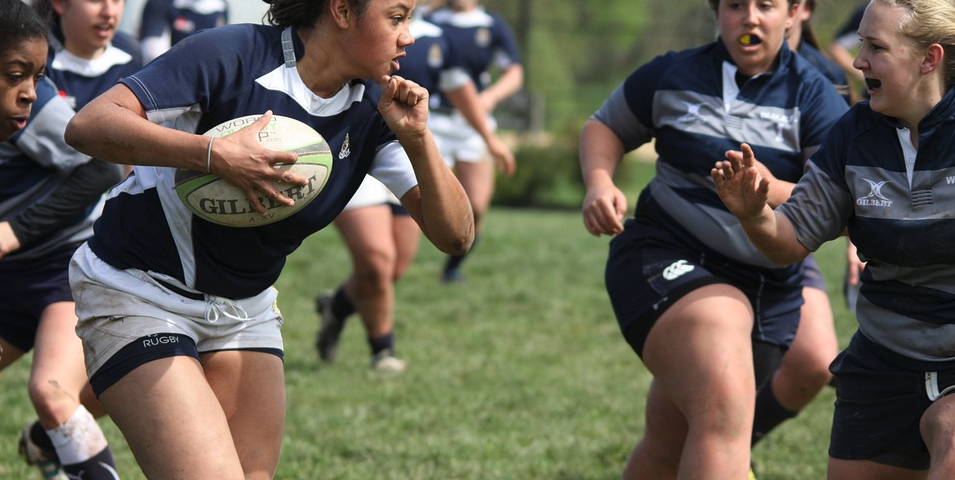
The truth about back pain
13th December 2017
Back Pain Since Giving Birth?
18th December 2017As physiotherapists in Cheshire and as sports-loving people ourselves, we know that while sport and exercise are great things to take part in – they can sometimes cause us injuries or pain. For example, Ross has worked in Physiotherapy for St Helens Rugby League Club for many years and therefore knows first-hand that there is a risk of injury from most physical sports – but this isn’t to say you shouldn’t take part in it at all! With the right preparation and knowledge, you can prevent or diminish the likelihood of most injuries and go out and enjoy your chosen sport with some peace of mind.
There tend to be two main types of sports injuries: cumulative injuries and traumatic injuries. Cumulative injuries are those injuries that are caused over a period of time as a result of repeating actions – and these tend to be ‘tissue load’ related. Traumatic injuries are injuries that happen because of an incident or accident, such as crashing your bike or rolling over on your ankle when running.
The best tip we can give you for preventing injuries when training? Prepare. The quote to remember is ‘Fail to prepare, prepare to fail’. Undertaking some general physical preparation training is the best way to prevent injuries, especially when it comes to the cumulative type. Don’t panic though, we are not expecting you all to be ripped, what we are talking about is maintaining a basic level of strength and fitness so that you can respond to most physical challenges easily.
The areas you should concentrate on are:
Agility
Agility is the ability you have to move quickly and change direction with ease. Being both mentally and physically agile means that you should be able to avoid most obstacles easily, whether you are on a playing field or a pitch. You can improve your reaction time and general coordination with exercises such as ladder drills and agility balls.
Balance
Balance is essential for helping you when you are carrying an awkwardly shaped object, or if you are travelling over uneven terrain. Things such as medicine ball tosses are a great way to work on your balance.
Flexibility
The more flexible you are, the better the range of motion you will have because you will have the sufficient muscle length to back it up. This is especially important for major joints such as your spine, hips and knees. Making sure you warm up properly each time you exercise and spend at least one session a week concentrating on flexibility. Yoga is fantastic for this.
Power
Power is the ability to generate force very quickly, so goes hand in hand with speed and can be especially useful if you are dodging things on your daily run, or participate in a fast-moving sport. Everyone hates burpees, but a combination of these plus sprints or box jumps as part of your workout will help to improve your power. For the more advanced recreational athlete, Olympic lifts such as the snatch or clean and jerk are fantastic.
Strength
Weight-training is the best way to improve your strength and keep your muscles conditioned (load tolerant) in order to help them cope with what you are asking your body to do. You don’t have to lift weights everyday mind you, but you would be well advised to incorporate a strength training sessions twice or three times a week if possible.
For more advice on how to prevent injuries from occurring when you are training, or help to recover from injuries you have received, please book an appointment with us today. You can call us on 01625 422 825 or use our easy online appointment maker.

